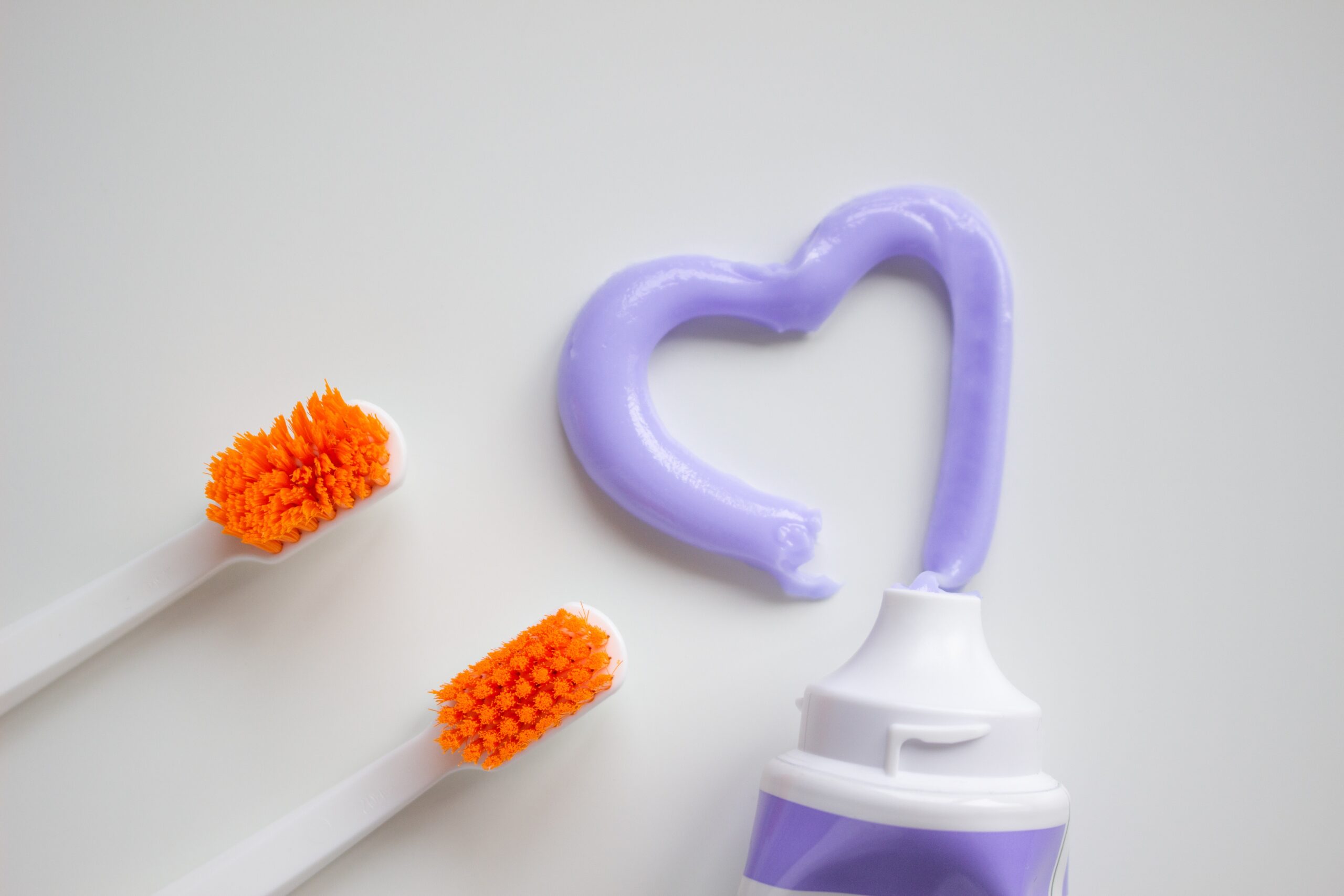Maintaining good oral hygiene is essential for overall health and the longevity of your dental restorations. Dental implants, known for their durability and natural appearance, require proper care to ensure their success and longevity. Fortunately, the maintenance routines for dental implants are straightforward and easy to follow. In this blog post, we’ll provide you with practical tips to simplify your oral hygiene routine while preserving the health and beauty of your dental implants.
1. Brushing Basics: Brush your dental implants just as you would your natural teeth – at least twice a day for two minutes each time. Use a soft-bristle toothbrush to avoid scratching the implant surfaces and a fluoride toothpaste to strengthen your teeth and protect against cavities.
2. Choose the Right Toothbrush: Opt for a toothbrush with a compact head to ensure you can reach all areas around your dental implants comfortably. Electric toothbrushes with oscillating or rotating bristles can provide more effective cleaning.
3. Flossing Matters: Flossing is essential to remove food particles and plaque from between teeth and implants. Use dental floss, interdental brushes, or floss picks designed for dental implants to clean these spaces effectively.
4. Water Flossers: Water flossers, also known as oral irrigators, can be a valuable addition to your oral hygiene routine. They use a stream of water to clean between teeth and around dental implants, flushing out debris and bacteria.
5. Gentle Techniques: While it’s important to clean thoroughly, be gentle around your dental implants. Avoid aggressive scrubbing, which can damage your gums or the implant surfaces.
6. Non-Abrasive Products: Choose non-abrasive toothpaste and mouthwash to prevent scratching the implant surfaces. Abrasive products can wear down the protective coating of the implant, leading to potential complications.
7. Regular Dental Visits: Maintain regular visits to your dentist for professional cleanings and check-ups. Your dentist will monitor the health of your implants, identify any issues early on, and provide guidance on proper care.
8. Consider Implant-Specific Tools: Specialized brushes and floss designed for dental implants can make cleaning around the implant area more efficient. These tools are often gentle yet effective in maintaining cleanliness.
9. Nutritional Choices: A balanced diet supports both your oral health and the health of your dental implants. Limit sugary snacks and drinks that can contribute to plaque buildup and choose nutrient-rich foods that promote gum health.
10. Avoid Smoking: If you smoke, consider quitting. Smoking can contribute to gum disease, which can impact the success of dental implants. Quitting smoking improves your overall oral health and helps maintain the longevity of your implants.
11. Address Concerns Promptly: If you experience any discomfort, pain, or unusual sensations around your dental implants, consult your dentist immediately. Early intervention can prevent potential complications.
In conclusion, maintaining optimal oral hygiene for dental implants doesn’t have to be complicated. By following a consistent routine, using the right tools, and seeking professional guidance, you can ensure the health and longevity of your dental implants. Remember, the investment you’ve made in dental implants is worth protecting through proper care, allowing you to enjoy a confident smile and optimal oral health for years to come.
